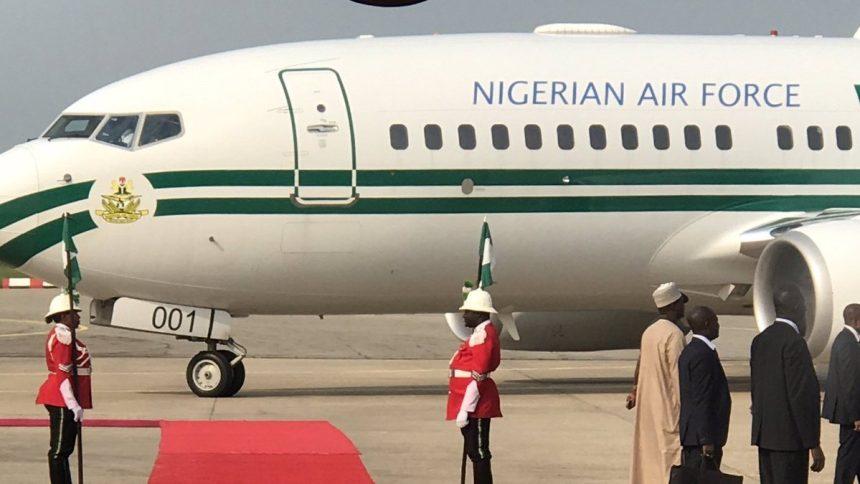Nigeria’s Presidential Air Fleet, featuring ten luxury aircraft such as the Falcon 7X and Gulfstream 550, starkly contrasts with countries like Britain and Singapore, where leaders rely on commercial flights.
The fleet’s maintenance costs exceed 10 billion naira annually, prompting discussions about its sustainability amid the nation’s economic challenges.
Initially overseen by the Secretary to the Government of the Federation, the fleet is now managed by the National Security Adviser, reflecting ongoing debates about effective oversight. Historically, the fleet saw minimal use before 1999. Leaders like General Ibrahim Babangida rarely traveled internationally, and Chief Ernest Shonekan utilized the fleet only once. During General Sani Abacha’s tenure, pilots expressed concerns about underutilization, fearing license expiration due to insufficient flying hours. Abacha’s limited travel further highlighted this issue.

In contrast, President Olusegun Obasanjo traveled frequently, earning praise from the fleet’s pilots and underscoring the importance of the Presidential Air Fleet within the Nigerian Air Force. The fleet has also been a critical career stepping stone for many prominent Air Force officers.
READ ALSO: FCTA demolishes over 200 structures for presidential fleet
Globally, Nigeria’s extensive fleet, which includes two Falcon 7X jets, a Gulfstream 550, and other high-value aircraft, stands out when compared to countries where government officials use commercial flights. This significant difference emphasizes the need for financial prudence and reallocation of resources to address pressing national issues, such as infrastructure, healthcare, and education.
Critics argue that maintaining such a large fleet is unsustainable in the face of economic challenges. Suggestions include reducing the number of aircraft or opting for chartered flights as needed, which could potentially save billions and redirect funds to more urgent national priorities. The comparison to other nations, where leaders often travel on commercial airlines, highlights a possible path for Nigeria to follow.
READ ALSO: FCTA to crush impounded vehicles – Official
As the administration of Major General (rtd.) Muhammadu Buhari considers these options, the need for fiscal responsibility becomes increasingly critical. Balancing the prestige of a large presidential fleet with the practical needs of the country is essential. The discussion also reflects broader issues of governance and prioritization of national resources.
Ultimately, the debate over the Presidential Air Fleet serves as a reminder of the importance of aligning governmental expenditures with the needs of the populace. As Francis Bacon wisely noted, “He that will not apply new remedies must expect new evils.” The decisions made regarding the fleet’s future will have significant implications for the nation’s economic health and governance.



